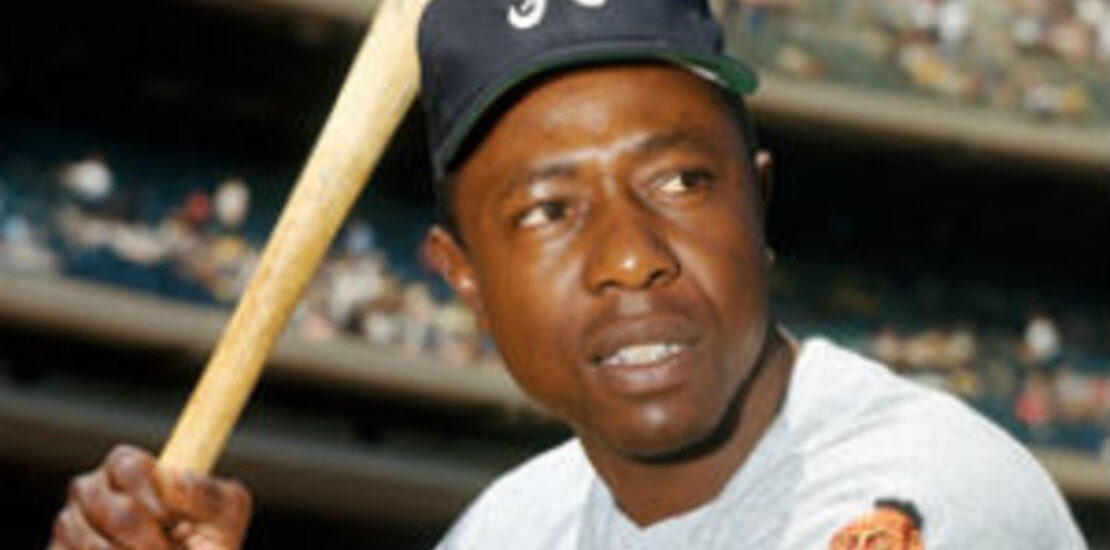Baseball
-
Most Salespeople are Underdogs Like the Boston Red Sox
- October 13, 2021
- Posted by: Dave Kurlan
- Category: Understanding the Sales Force

If your company is not the brand leader, market leader, or price leader; if you have a complex sale, a story to tell, a new technology, a new brand, a new product, a much higher price or a much tougher sale, then you are an underdog too.
-
8-Year Old Houston Astros Fan Demonstrates a Huge Secret of Sales Success
- June 11, 2021
- Posted by: Dave Kurlan
- Category: Understanding the Sales Force

It was my first visit to Fenway Park since 2019 and it was exciting to see most of the seats filled. It was exciting to hear all of the fan noise that has been missing for so long but there was one fan in particular that I heard louder than all of the others. Starting in the fourth inning, Timmy, the eight-year-old Astros fan sitting next to me, didn’t stop chatting with me for the remainder of the game. When Timmy said he hated the Red Sox I had to ask him why. His answer is the focus of this article on selling! “Why do you hate the Red Sox so much Timmy?”
-
How to Become More Successful One Day at a Time
- April 13, 2021
- Posted by: Dave Kurlan
- Category: Understanding the Sales Force

You can find inspiration anywhere. Even in a book called, A Year of Playing Catch. Tom Schaff was nice enough to send me a copy of this book and there was the inspiration, right there on page 128. Why would someone from the world of sales care about a page out of a baseball book? I’ll give you fourteen really good reasons. You see, the book is much less about baseball and much more about the following fourteen integral competencies of sales success:
-
How Pitchers Fielding Practice is Exactly the Same as Salespeople Role-Playing
- February 26, 2021
- Posted by: Dave Kurlan
- Category: Understanding the Sales Force

My Twitter feed had the funniest 1-minute baseball video I have ever seen. It was pitcher fielding practice (PFP) and the coach was miked up. It illustrated just how bad most professional major league pitchers are at fielding their position and how a coach can keep it light – even make it funny – when the pitchers are struggling so badly.
When professional salespeople are asked to role-play the salesperson’s part of a sales conversation they sound eve
-
The Baseball Experience That Continues to Generate a 28% Increases in Sales
- February 10, 2021
- Posted by: Dave Kurlan
- Category: Understanding the Sales Force

The challenge isn’t whether or not they’ll enjoy and benefit greatly from the training. The challenge is getting sales leaders to attend the training! There’s a little matter of ego. Most successful sales leaders have fairly large egos and while their egos helped spur them on to their current roles, now that they’re in their current roles, their egos sometimes obstruct their ability to improve, ask for help, and bring professional training into their companies. The voice in their head whispers thoughts like:
-
Two Selling Strategies That are More Effective Than Facts and Figures
- January 29, 2021
- Posted by: Dave Kurlan
- Category: Understanding the Sales Force

Most of my articles begin with a Story and despite not writing about story telling very often, it is a very important part of selling.
-
Sales is Like Baseball and Baseball Can Save Capitalism and Liberty
- July 18, 2020
- Posted by: Dave Kurlan
- Category: Understanding the Sales Force

Before you think that this applies only to youth baseball teams, I want to be clear. Sales teams are like this too. In the past 35 years I have personally trained hundreds of sales teams and tens of thousands of salespeople and sales teams always have the same 8 salespeople:
-
How to Achieve Sales Mastery – A Collection of Loosely Connected Thoughts
- July 6, 2020
- Posted by: Dave Kurlan
- Category: Understanding the Sales Force

During our first of its kind Independence Day weekend, I thought about a lot of things that loosely tied into sales effectiveness and while they could all be articles in their own right, I decided to write one article tying them all together.
-
How Getting Feedback and Making Adjustments are the Keys to Sales Improvement
- December 5, 2018
- Posted by: Dave Kurlan
- Category: Understanding the Sales Force

Becoming great at selling – or anything else for that matter – is about making adjustments. In order to make an adjustment you need feedback – something you see, hear or feel that informs your ability to adjust. Take Baseball for example. When I watch my son hit he receives instant feedback from every swing of the bat. He usually crushes the ball and that suggests that no adjustment is needed. If he tops the ball or pops it up it is probably an issue with timing. If he peels the ball to the right, he probably opened his front shoulder too early. If he squares the ball up but doesn’t drive it he probably failed to use his legs. He also has 5 private coaches who coach him or, in other words, provide feedback.
That brings us back to selling. Salespeople need feedback too.
-
How to Simplify Coaching Salespeople
- May 19, 2017
- Posted by: Dave Kurlan
- Category: Understanding the Sales Force

When you take sales coaching, baseball, watching video and put it all together, what do you get?
You get the post-call debrief – the most powerful tool for great sales coaching.

